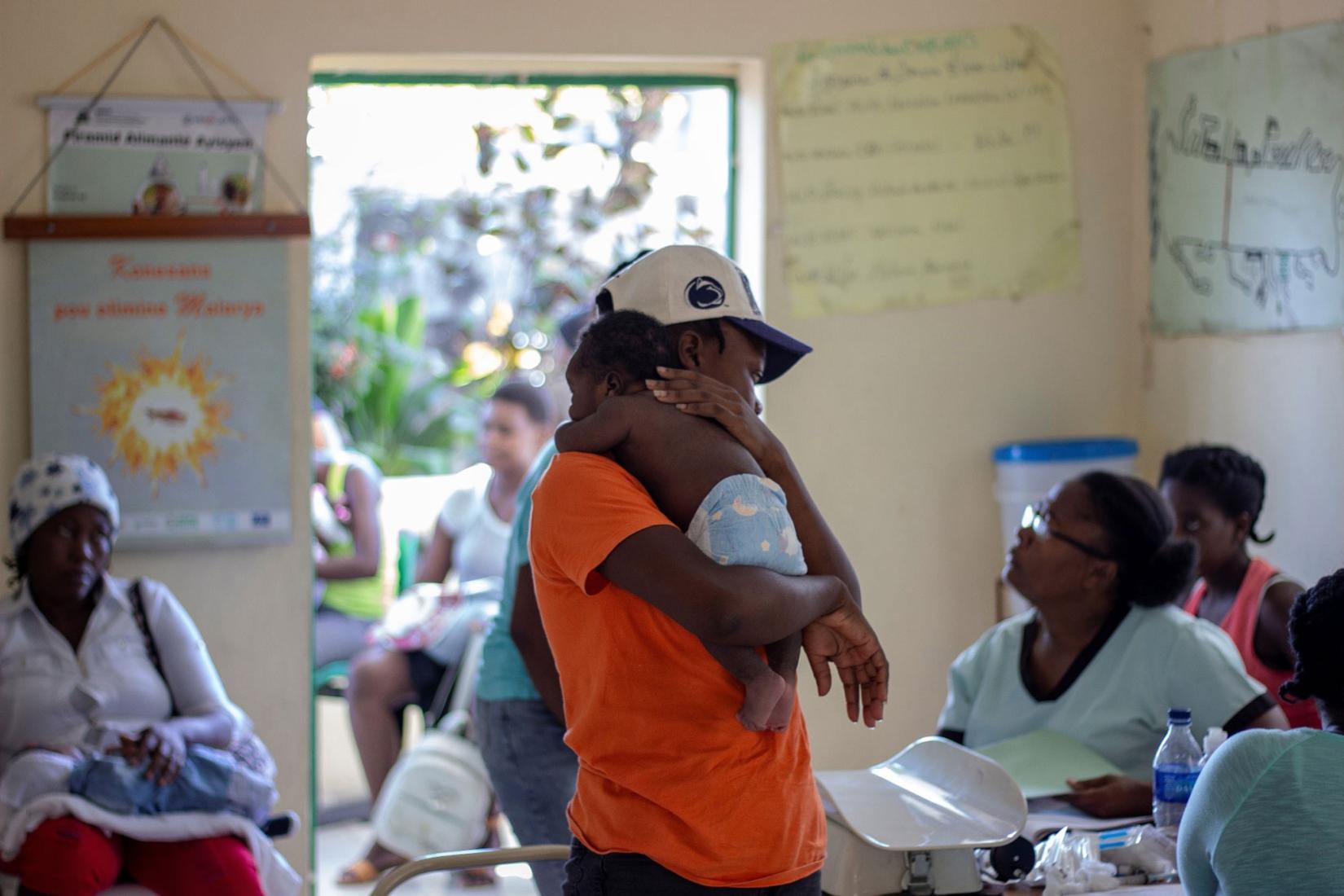Lives being lost in Haiti as life-saving health services risk coming to “standstill”
26 September 2022
Port-au-Prince, Haiti, 26 September 2022:

Lives are being lost in Haiti as life-saving health services risk coming to a “standstill” due to a lack of fuel, according to the United Nations most senior humanitarian official in the country.
Ongoing insecurity and instability in Haiti and the blockading by criminal gangs of the country’s main fuel terminal in the capital, Port-au-Prince, means the fuel needed to power hospitals is not being delivered.
Many health staff are unable to report to work and provide care to patients, according to several local associations and organizations
The ongoing situation is also negatively affecting the restocking of medicine and medical supplies.
“Lives are being lost in Haiti because hospitals are unable to access fuel,” said Ulrika Richardson, the UN Resident and Humanitarian Coordinator in Haiti. “If this situation continues,” she added, “life-saving services risk coming to a standstill, including for pregnant women, newborns and children, as well as for persons suffering trauma and other life-threatening conditions.”
The lack of access to fuel is affecting around three-quarters of the major hospitals in the country, according to data recently collected by the UN’s World Health Organization/Pan American Health Organization (WHO/PAHO).
Some hospitals are unable to admit new patients and are preparing to close. Providing sterile conditions for medical interventions is becoming more challenging and conserving vaccines due to the disruption to cold-chain facilities has become problematic. Many hospitals are also experiencing a shortage of oxygen.
The shortage of fuel has also severely reduced the national ambulance service operations in Port-au-Prince which now functions with only three ambulances. Its services are severely curtailed or have stopped altogether throughout the rest of the country.
The UN Children’s Fund (UNICEF) estimates that some 22,100 children under the age of five, and over 28,000 newborns are at risk of not receiving essential health care services for the next 4 weeks.
The majority of hospitals in Haiti are connected to the national electricity grid but have to rely heavily on fuel-powered generators, due to the unreliability of electricity supplies.
The UN together with international and local non-governmental organizations continue to support the health sector and provision of services in Haiti.
UNICEF and the UN Population Fund (UNFPA) have collaborated with hospitals, health authorities and partners to install solar power supplies which have improved cold-chain storage and enabled maternity services to continue in 12 locations. However, solar power is insufficient to keep hospitals fully functioning.
WHO/PAHO is working with health authorities and partners to refurbish emergency medical services at one major public hospital and provide medical supplies, alongside UNFPA, at two of the largest public hospitals in Port-au-Prince in order to strengthen lifesaving care.
UNAIDS, the UN agency that focuses on HIV and AIDS, is providing support to the Ministry of Health to support safe blood transfusions; unsafe transfusions account for up to 10 per cent of HIV infections.
For more information contact: Daniel Dickinson, dickinsond@un.org






